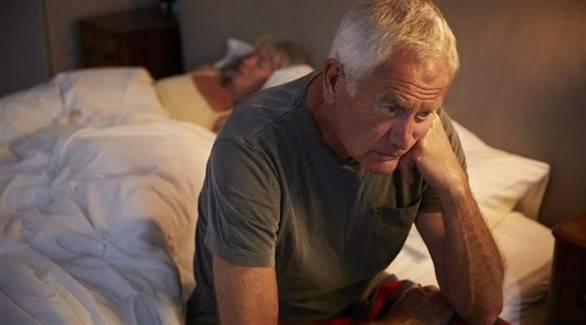American researchers analyzed the reasons for the increasing rates of insomnia with age by examining the neural circuits associated with sleep and wakefulness in mice, which may contribute to the development of better treatments for this issue in humans.
Professor Lewis de Leasia from Stanford University, who co-authored the study published on Thursday in the journal "Science," stated that "more than half of people over the age of 65 complain about the quality of their sleep."
Lack of sleep is linked to an increased risk of high blood pressure, heart stroke, diabetes, and depression. Insomnia is treated through sleeping pills that are not always effective.
Lewis and his colleagues focused their research on orexin, a neurotransmitter produced through a small part of neurons in the brain, and studied about fifty thousand transmitters out of several billion.
In 1998, the professor and other scientists discovered that orexin transmits signals that play a vital role in maintaining alertness. Studies have shown that degeneration of orexin can lead to hypersomnia (excessive sleeping and involuntary drowsiness) in humans, dogs, and mice.
The researchers chose young mice (aged between three and five months) and older mice (aged between 18 and 22 months) and used light to stimulate specific neurons in them.
The result showed that older mice lost about 38% of their orexin compared to younger mice, while the remaining orexin was released more easily.
Lewis de Leasia explained that "neurons tend to be more active and function more, and if your cells are like that, you wake up often."
Two researchers from the Florey Institute of Neuroscience and Mental Health in Australia commented on the study's results in a separate article also published in "Science," stating that identifying the mechanisms responsible for sleep deprivation may help in developing better medications.
The researchers noted that the currently available treatments "can lead to cognitive difficulties or setbacks," and medications aimed at more specific targets may yield better results.
Lewis de Leasia pointed out the necessity of conducting clinical trials, but noted that anti-epileptic drugs could be promising in this context.




